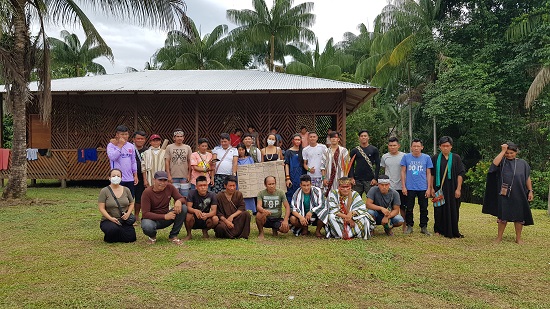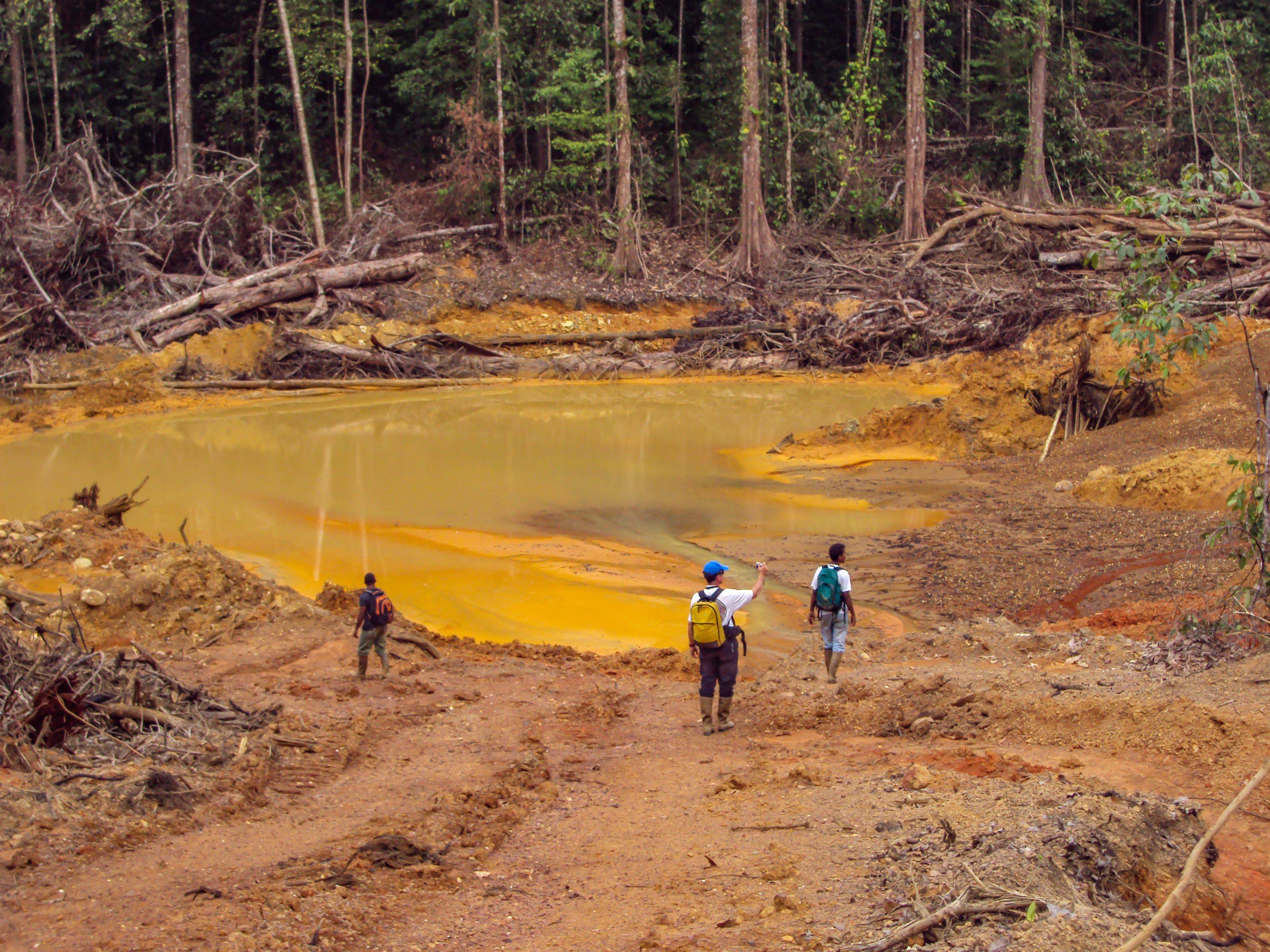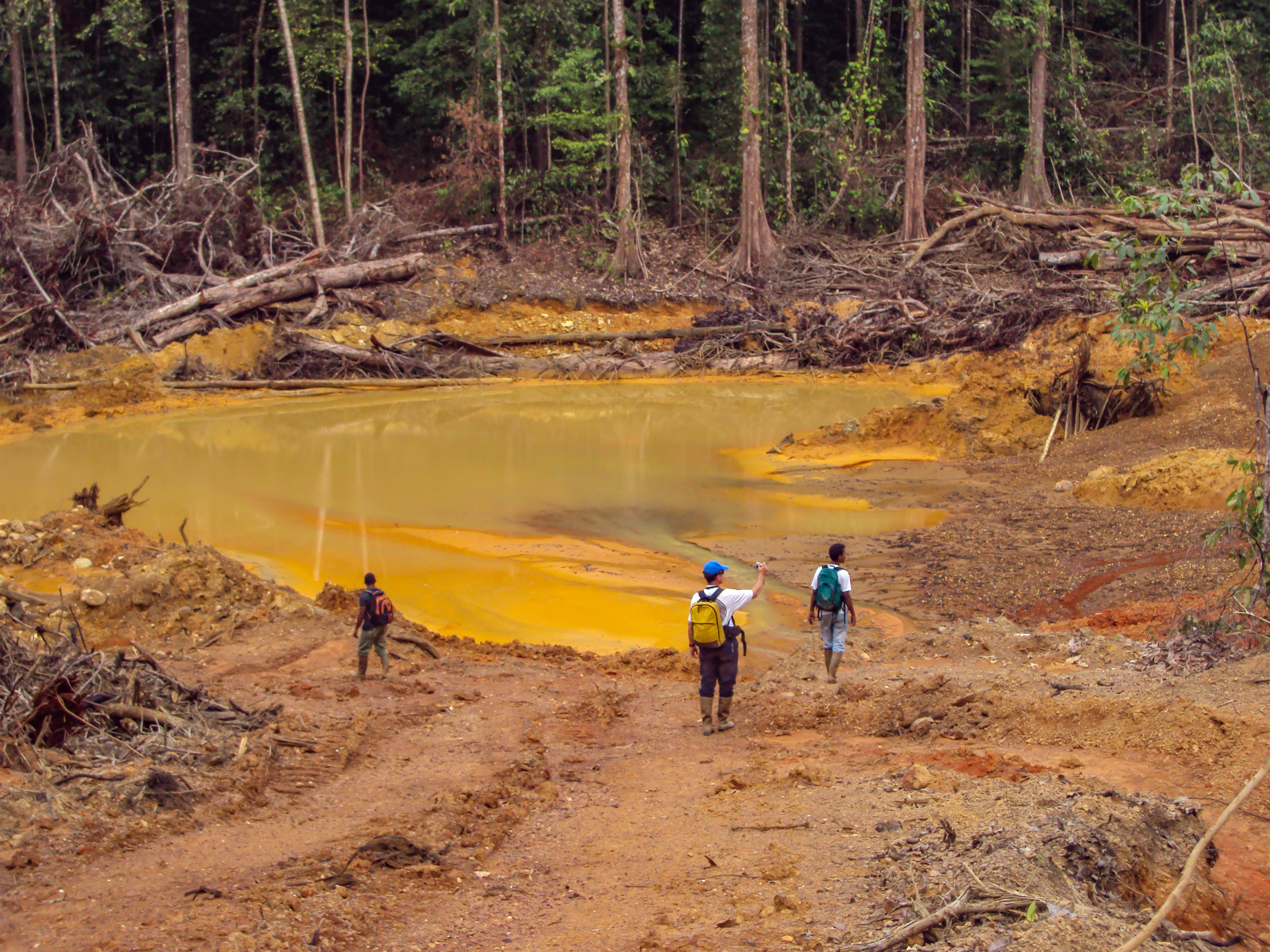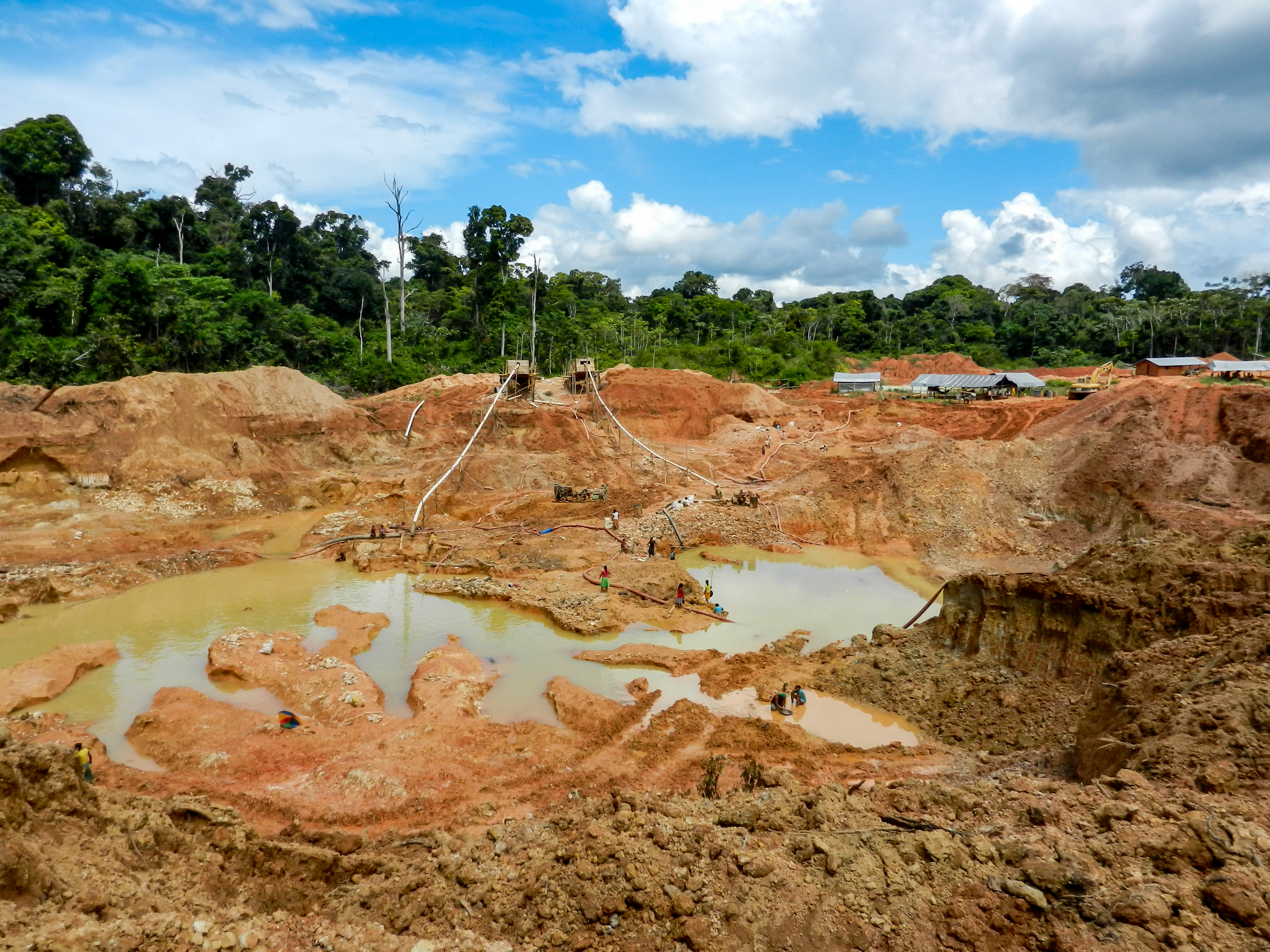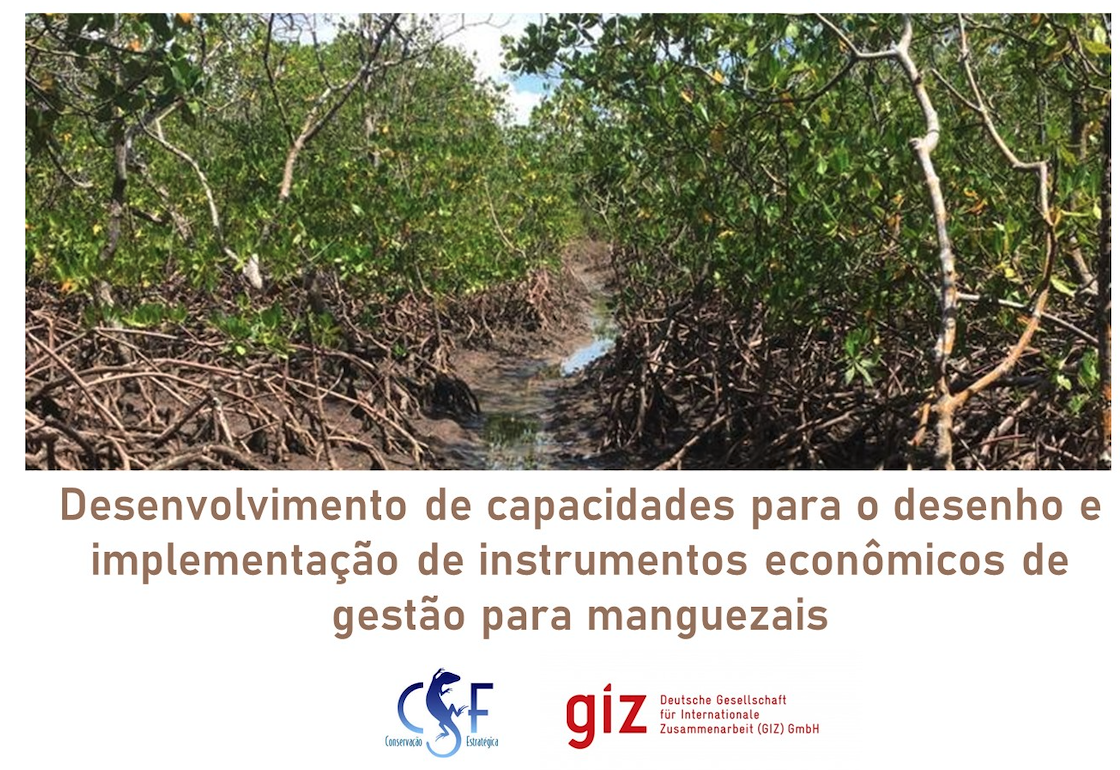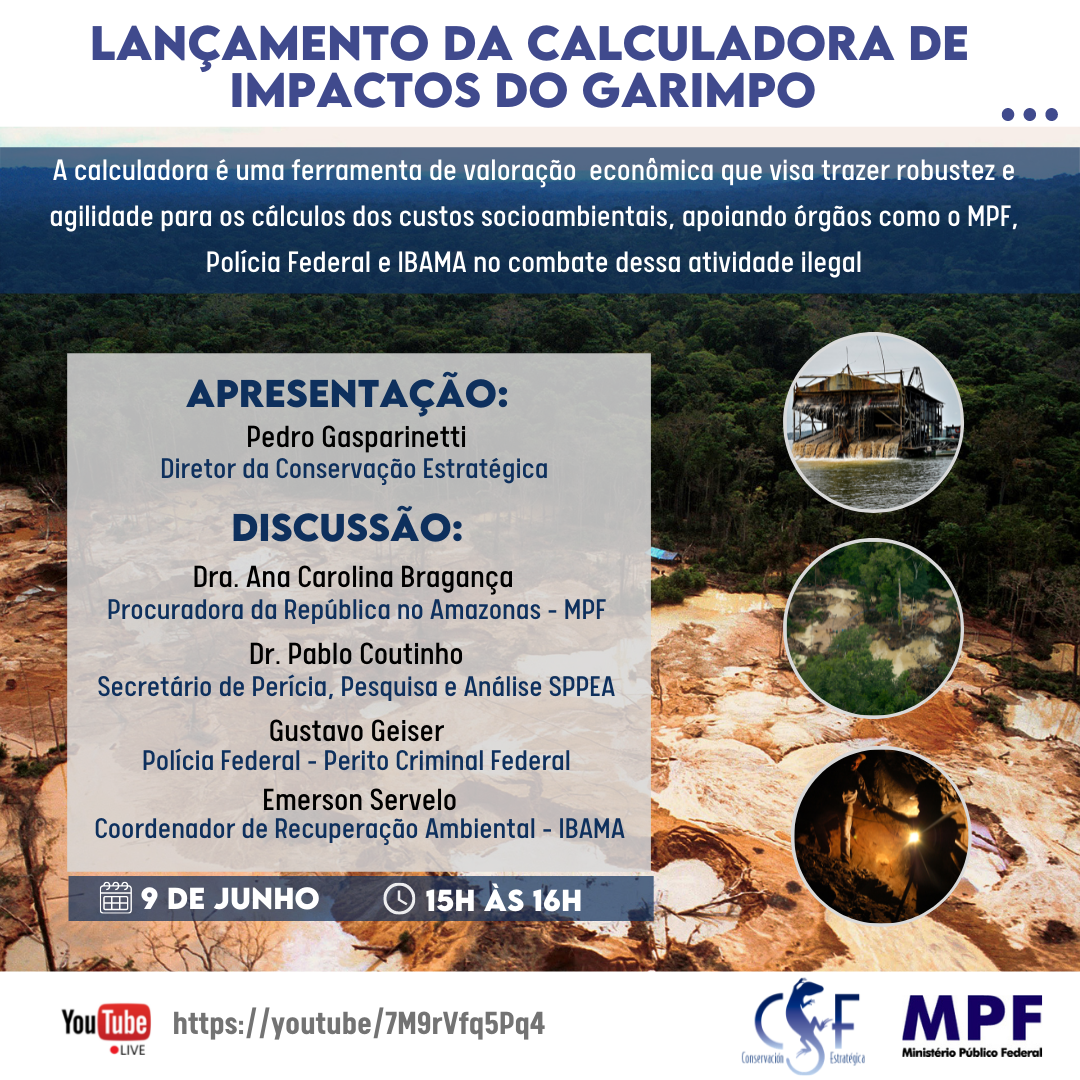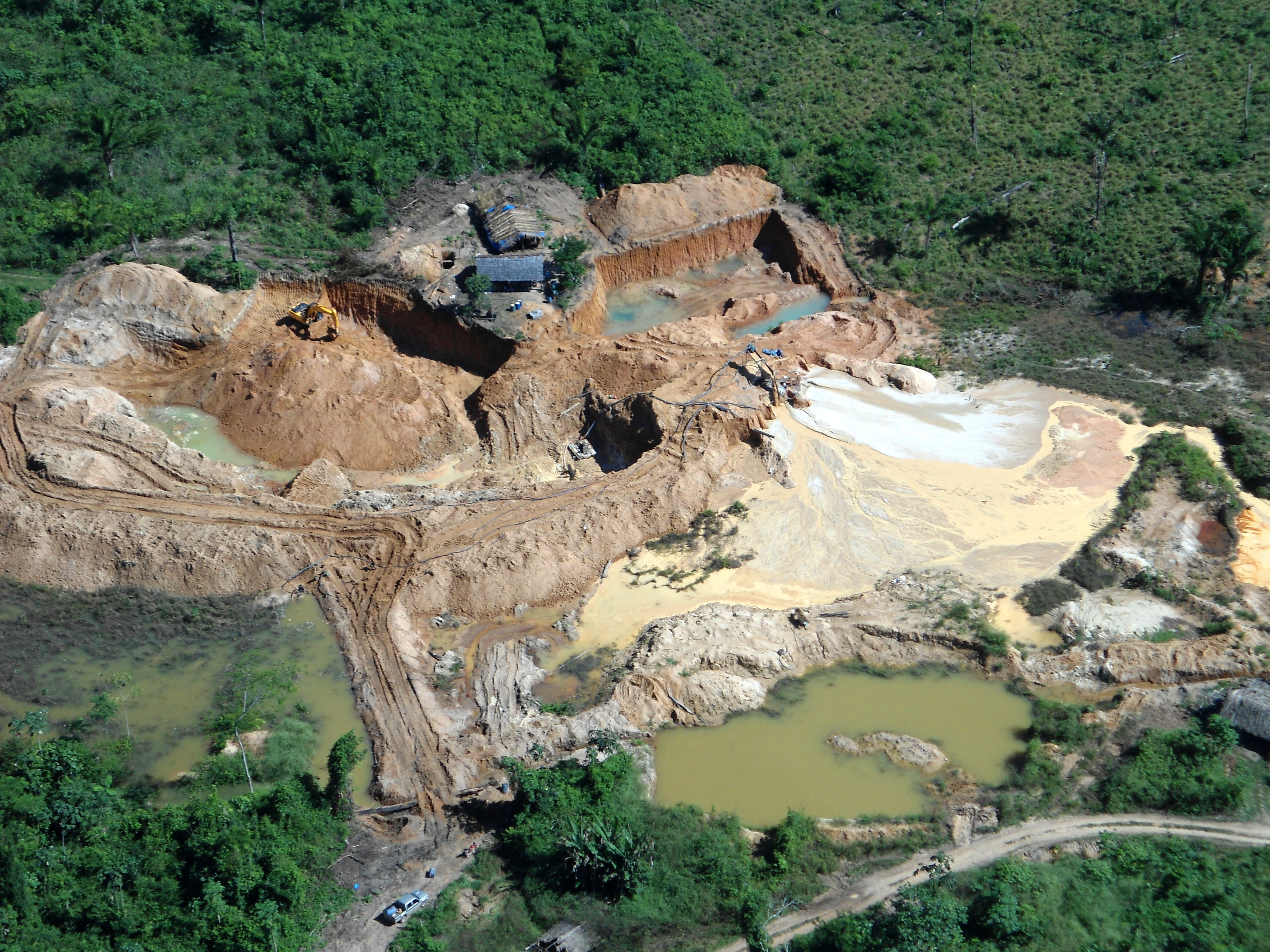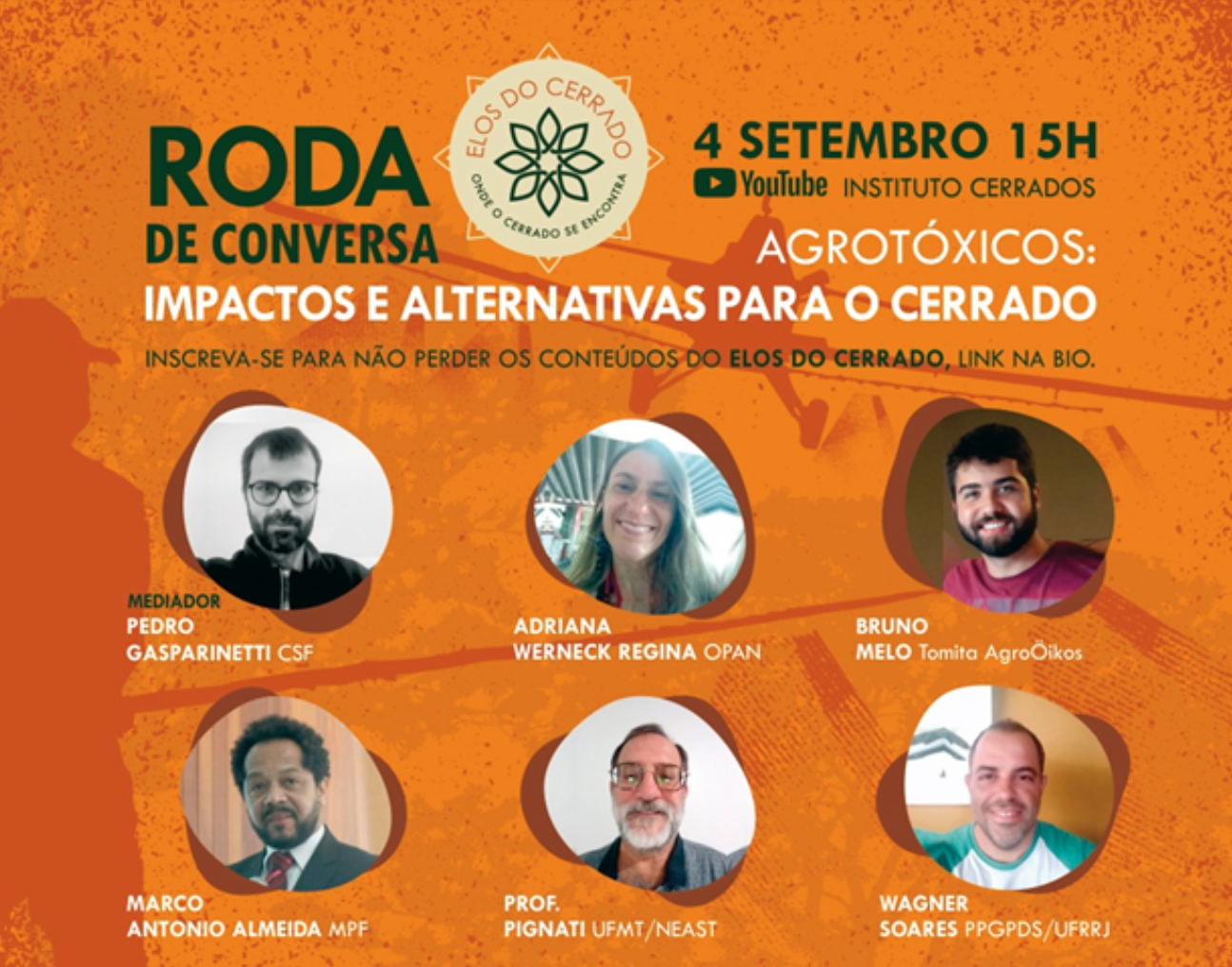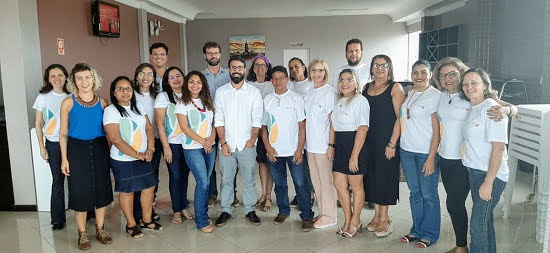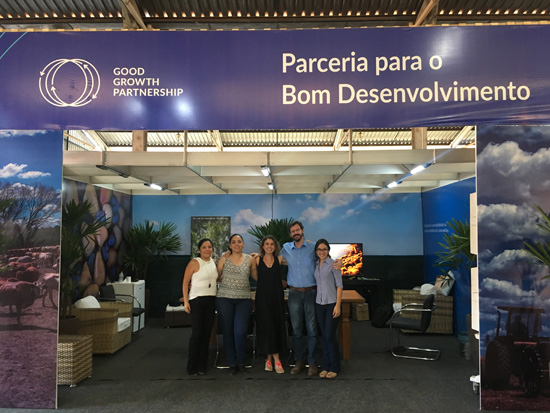News
Around 17 percent of the Amazon Rainforest has been destroyed in the last 50 years due to deforestation, jeopardizing important global ecosystem services and threatening indigenous treaties and claims to land.
In collaboration with the Federal Public Prosecutors’ Office of Brazil (MPF), CSF designed a Mining Impacts Calculator to estimate the socio-environmental costs of illegal gold mining in Brazil. With this tool, the MPF can now easily and efficiently calculate the estimated costs of illegal gold-mining activities and enforce stricter financial penalties for lawbreakers across Brazil.
O Brasil é um dos maiores consumidores de agrotóxicos do mundo. De acordo com dados fornecidos pelo Instituto Brasileiro do Ambiente e dos Recursos Naturais Renováveis (IBAMA), o consumo de agrotóxicos no Brasil está aumentando rapidamente com cerca de 162.000 toneladas de agrotóxicos utilizados em 2000, em comparação com as cerca de 549.000 toneladas utilizadas em 2018.
Brazil is one of the largest consumers of pesticides in the world. In fact, according to data provided by the Brazilian Institute of the Environment and Renewable Natural Resources (IBAMA), Brazil’s consumption of pesticides is rapidly increasing with roughly 162,000 tons of pesticides used in 2000 compared to the roughly 549,000 tons used in 2018.
In partnership with GIZ, The Deutsche Gesellschaft für Internationale Zusammenarbeit GmbH, Conservation Strategy Fund (CSF) held a virtual and online course on the design and implementation of economic tools to support the conservation of critical mangrove habitat across Brazil. Held over the first week of May, the five-day course, Economic Tools for the Management of Mangrove Habitat, focused on training 20 technical staff from the state governments of Pernambuco, Alagoas, Bahia, and Espírito Santo.
A Conservação Estratégica (CSF) em parceria com o Público Federal (MPF) lançam no dia 09 de junho a “Calculadora de Impactos de Garimpo Ilegal de Ouro”. A ferramenta, que estará disponível em uma plataforma on-line e aberta ao público, pretende auxiliar órgãos competentes em ações estratégicas contra as atividades ilegais dos garimpos.
The Brazilian Federal Public Prosecutor's Office (MPF) is a government institution, independent of the three branches of the government, which is responsible for defending citizens against abuses and negligence by the government, and defending public property. In particular, the MPF has been active in combating activities that result in negative social and environmental impacts, such as illegal gold mining. However, prosecutors are often challenged to properly assess the financial penalties for individuals and companies for these infractions.
This past September, Conservation Strategy Fund partnered with the Cerrado Institute (Instiuto Cerrados) to host a virtual seminar in Brazil on the economic and social implications of increased pesticide use in farming practices in the Brazilian Cerrado. Because of the increased use of harmful pesticides in farming along with reduced government regulation and oversight, local communities across Brazil have struggled with the associated health risks and resulting environmental damage.
Photo: Workshop participants.
Photo credit: Jaqueline Hombono, Secretariat for the Environment, Amapá State
The project team in front of the project stand at the Agrotins fair. From left to right: Maria Garcia (CI), Iamily Cunha (CI), Camila Jericó-Daminello (CSF), Paulo Seifer (Imaflora) and Karine Barcelos (CI). Photo credit: Anonymous

